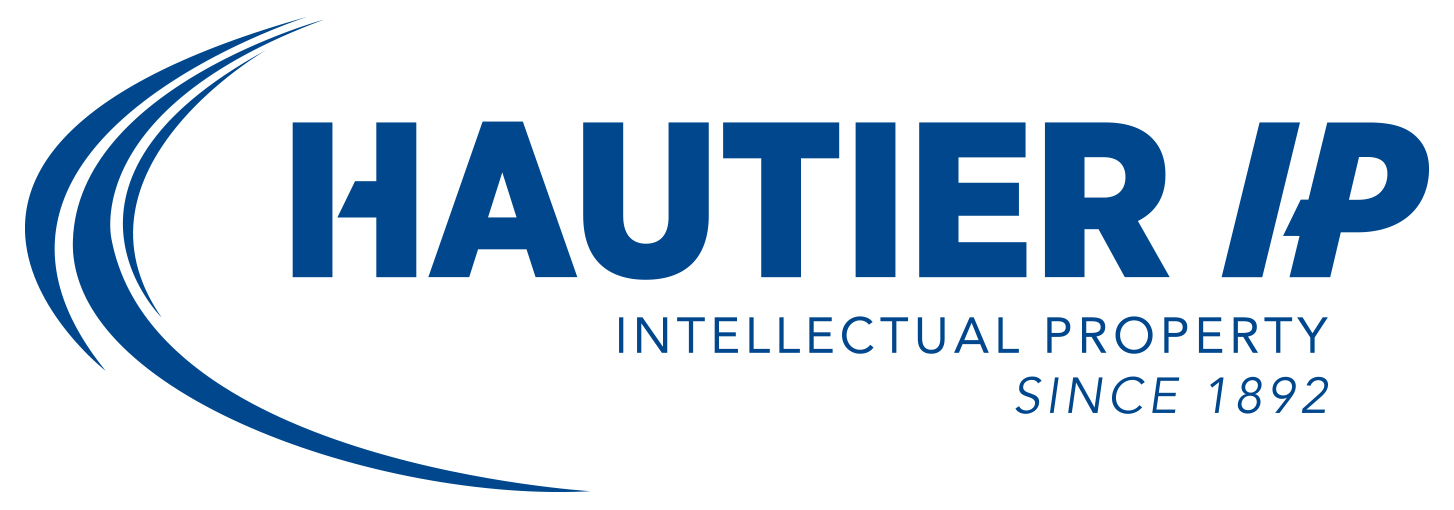
- Home
- >
- Pages
- >
- Your project
- >
- Strategy and intelligence
- >
- Employee inventions
Employee inventions
The vast majority of innovation in companies is due to employee inventions.
The invention may be the result of an employee’s duties under their employment contract. In France, this is known as an invention in the course of the employee’s normal duties (« invention de mission »).
The invention could also be the work of an employee who has no invention duties under their employment contract.
DIn this case, the invention may be related to the company’s business (or created using its tools), in which case it is called an invention outside the employee’s normal duties (« invention hors mission attribuable »). Or the invention may be unrelated to the company’s business, in which case it is called an invention owned by the employee (« invention hors mission non attribuable »).
Each of these inventions is linked to a specific legal regime, in terms of the ownership of the invention as well as the remuneration associated with the production of the invention.
An invention in the course of the employee’s normal duties is automatically attributed to the company. The employee inventor must receive extra remuneration in return.
An invention outside the employee’s normal duties can be attributed to the company at its sole discretion. In this case, the company must pay the employee inventor a fair price.
Lastly, in the case of an invention owned by the employee, the invention remains the property of the employee inventor. It can be transferred to the company under common law.
It should be noted that the law provides for remuneration for any invention, regardless of whether a patent application has been made or not.
These provisions are connected with labour law, in particular with regard to any possible corporate agreement and collective agreements, in a complex way.
A very large number of companies have little knowledge of the prerequisites for consolidating employee inventions, which can result in disputes that prove very expensive for companies.
However, when properly understood, these provisions can help to motivate inventors and boost creativity within a company.
Hautier IP’s teams help you to put in place an employee invention management strategy in order to drive innovation at your company while securing your rights and guarding against the risks associated with these innovations.










